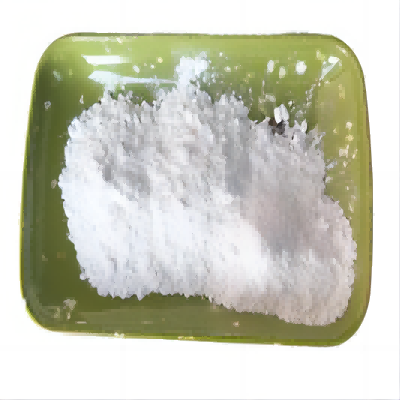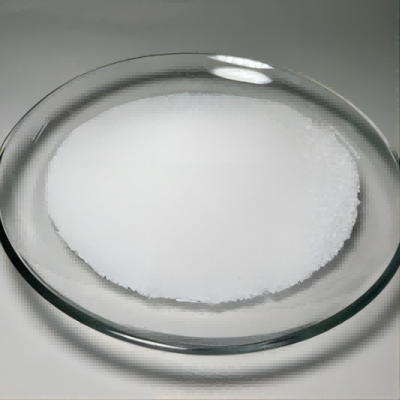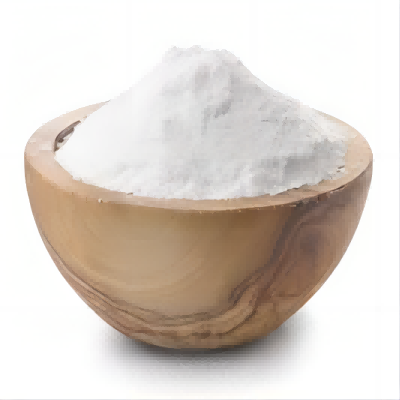Diacetyl hydrazine CAS:3148-73-0
Diacetyl hydrazine has several important applications across different areas, including organic synthesis, pharmaceuticals, and materials science: Synthetic Intermediate: One of the primary uses of diacetyl hydrazine is as a synthetic intermediate in organic chemistry. It is often employed in the preparation of various nitrogen-containing compounds, including hydrazones, azines, and other derivatives. Its reactivity allows chemists to introduce functional groups or modify existing structures efficiently. Pharmaceuticals: Diacetyl hydrazine has garnered interest in pharmaceutical research due to its potential therapeutic properties. Compounds derived from diacetyl hydrazine may exhibit biological activity and could be explored as candidates for drug development. Research into its pharmacological effects is ongoing, contributing to new insights in medicinal chemistry. Hydrazone Formation: Diacetyl hydrazine is used to form hydrazones through its reaction with carbonyl compounds. This property is valuable for the characterization and analysis of aldehydes and ketones. The resulting hydrazones can be subjected to further reactions, making diacetyl hydrazine an essential reagent in synthetic organic chemistry. Analytical Chemistry: In analytical applications, diacetyl hydrazine is utilized for the qualitative and quantitative determination of carbonyl compounds. Its ability to selectively react with carbonyl groups enables the development of analytical methods for measuring concentrations of aldehydes and ketones in various samples, including environmental and food matrices. Research Tool: As a reactive hydrazine derivative, diacetyl hydrazine serves as a valuable tool in research settings for studying reaction mechanisms involving nitrogen and carbonyl functionalities. Its use can help elucidate the pathways and kinetics of organic reactions, providing insights into fundamental chemical processes. Educational Purposes: Diacetyl hydrazine is often included in educational curricula for organic chemistry courses. It serves as a practical example for students to understand the principles of functional group chemistry, reaction mechanisms, and the synthesis of nitrogen-containing compounds. Its diverse applications highlight the relevance of hydrazine derivatives in modern chemistry. In summary, diacetyl hydrazine is an important compound in organic synthesis with significant applications in pharmaceuticals, analytical chemistry, and education. Its versatility as a reactive intermediate allows for the exploration of various chemical transformations, making it a valuable resource in advancing chemical knowledge and developing new materials.
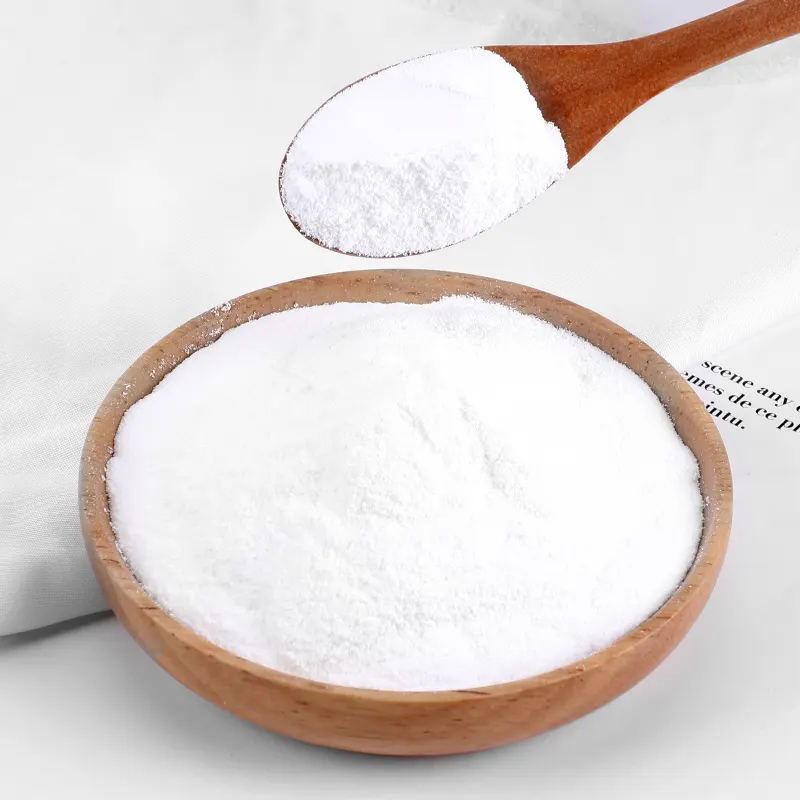
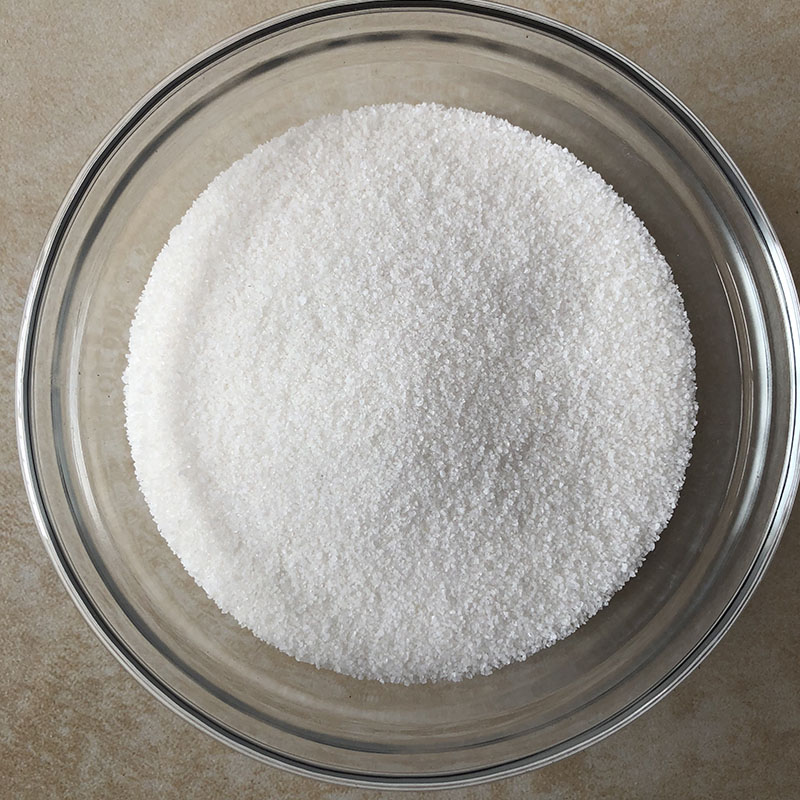

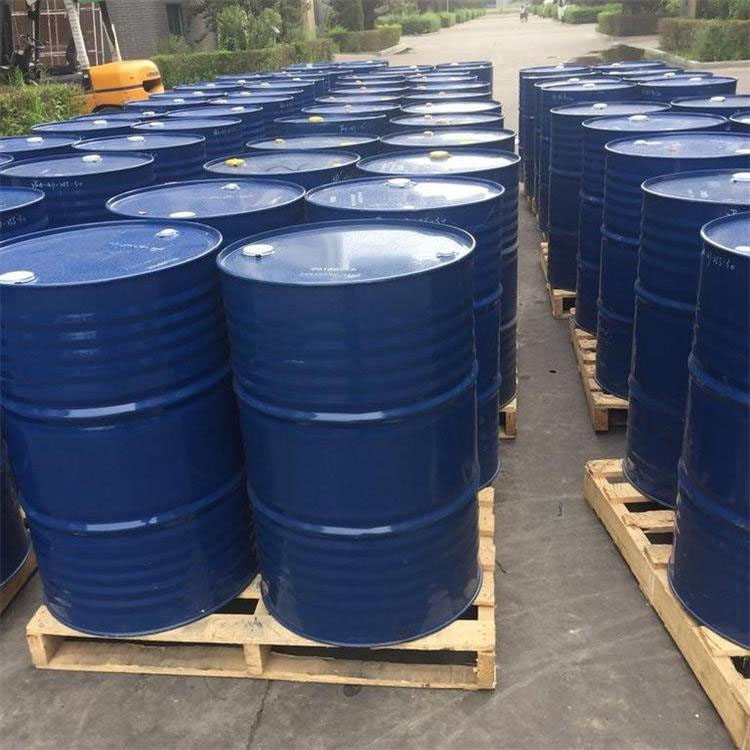


| Composition | C₄H₈N₂O₂ |
| Assay | 99% |
| Appearance | white powder |
| CAS No. | 3148-73-0 |
| Packing | Small and bulk |
| Shelf Life | 2 years |
| Storage | Store in cool and dry area |
| Certification | ISO. |




